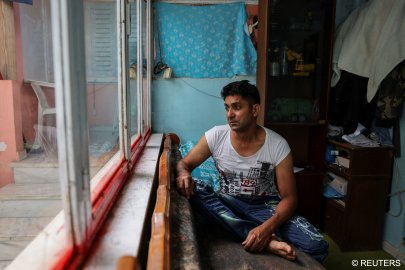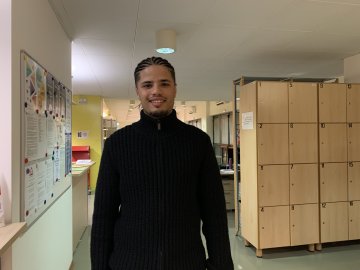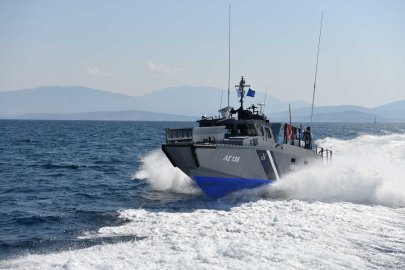Families of migrants missing in Greek shipwreck plead for recovery of bodies
Source: InfoMigrants: reliable and verified news for migrants – InfoMigrants
The families of migrants who went missing after a migrant boat sank off the coast of Greece in June are pleading with the authorities to recover their bodies. So far only 82 bodies have been found and 104 people survived.
The exact numbers of migrants who went down with the fishing boat that sank off the coast of Greece on June 14 is still not known. Estimates suggest there could have been as many as 750 migrants on board the overcrowded fishing trawler that left Libya for Italy but ended up getting into trouble off the coast of Pylos in Greece. With only 82 bodies found and 104 survivors, the numbers of bodies still to recover could still be more than 500.
The families of those who are still not accounted for are hoping that the authorities will be able to raise the wreck from the seabed and recover the bodies of their loved ones, reported the news agency Reuters.
“We will sell our houses, we will borrow money, if the state can’t. Just give me the body,” said Pakistani national Adil Hussain who lives in Athens. According to Reuters, Hussain’s brother Matloob was one of those who went missing with the ship. Adil Hussain still keeps the door of his Athens home open, and says he will do so until the body is found.
Also read: ‘My tears will not stop falling,’ families worry after deadly shipwreck
Deep waters
Matloob Hussain was 43 when he is believed to have died along with probably hundreds of other migrants on the fishing boat. Many of those who died after being trapped below deck are believed to have been women and children. From reports and those who survived, the majority of those on board appear to have come originally from Pakistan, Syria and Egypt.
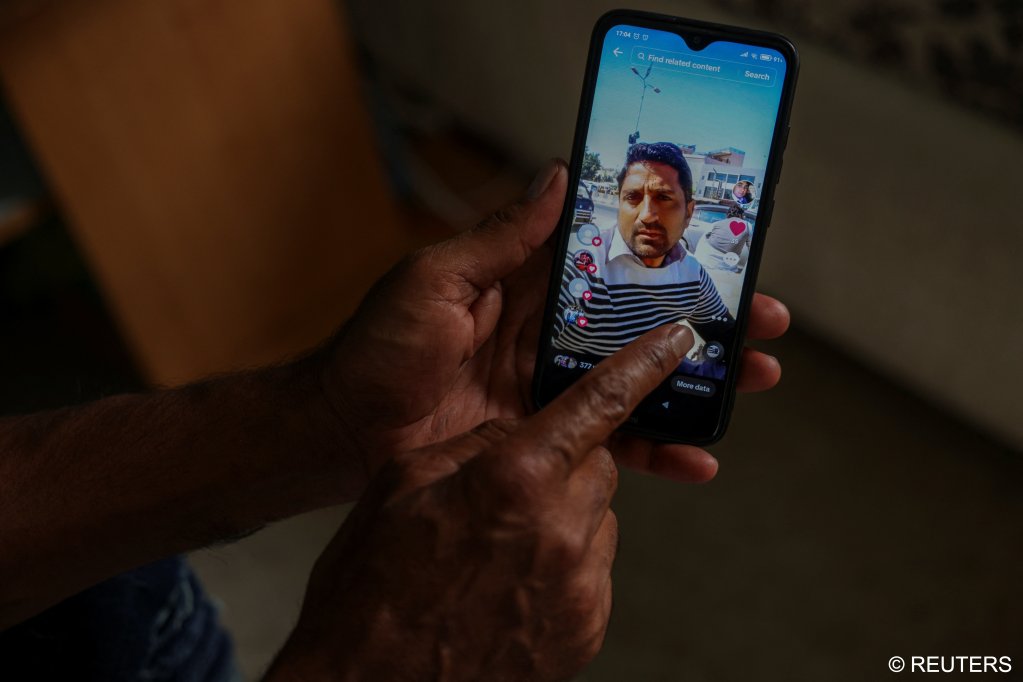
Also read: Survivors of Pylos tragedy claim coast guard caused boat to capsize
Hussain wants the Greek authorities to hire a vessel and to “take out the people who are inside [the sunken boat].” However the Greek authorities say that the chances of them being able to do that are “slim” because the boat sank close to one of the deepest parts of the Mediterranean, at an estimated 5,000 meters deep, reported Reuters.
A survivor told Hussain that his brother had been crammed below deck in one of the boat’s refrigerators. In his comments to Reuters, it appeared the whole family had not given up hope that Matloob could still be alive. “All of us – my mother, my father, my brother’s wife – we want to know, is he dead or alive? If we don’t find his body, we’ll leave the door open for the rest of our lives,” he said crying.
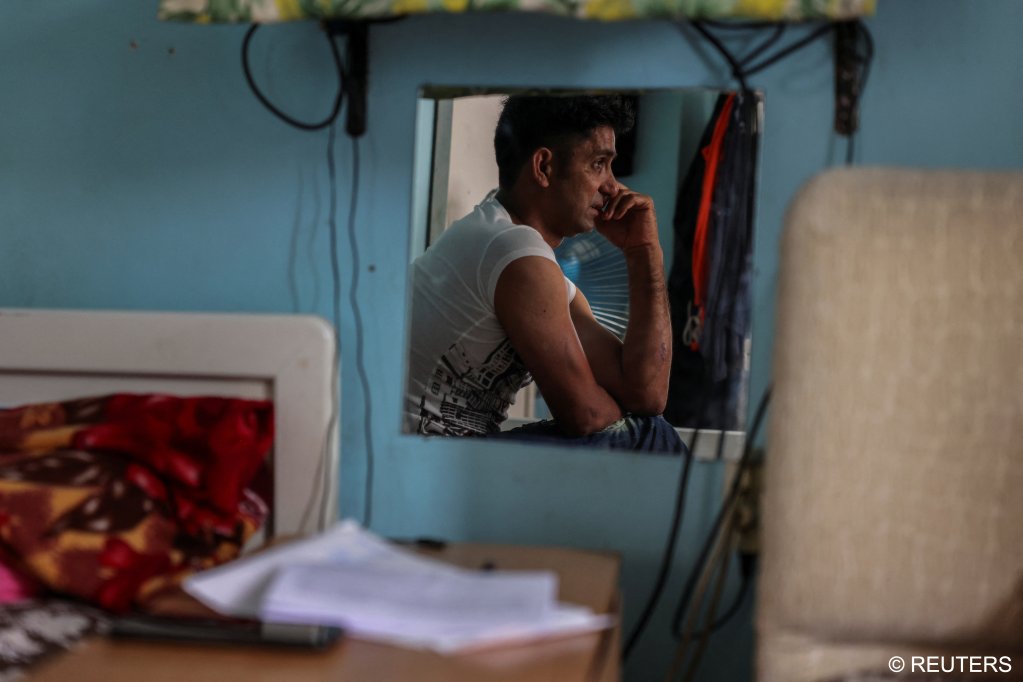
Years of living undocumented
Hussain says he is determined to wait in Greece for his brother in case he were to turn up. Hussain himself has been working as a gardener in Greece since 2007. He arrived in the country via Turkey. In fact, his brother Matloob had migrated to Greece two years before him, in 2005, but after years of living undocumented, he returned to Pakistan two years ago.
But back in Pakistan, Hussain says, his brother struggled to get by and so borrowed around €6,400 from friends in order to attempt the journey to Italy via Libya. Now, Hussain has told the rest of his family not to attempt to reach Europe without papers. “I say it’s better – you’re alive. If you come this way, you will die. And if you die, everyone dies.” But his family say they are struggling with no food or work in Pakistan.
Lawyers representing some of the families of the missing are going to lodge a formal request to the Greek judicial authorities investigating the case asking for the boat to be retrieved, reported Reuters.
Also read: Greek tragedy exposes Pakistan’s migration problem
‘A fundamental obligation’
One lawyer, Takis Zotos, representing four Pakistani families, told Reuters, “it is a fundamental obligation towards the victims who are at the bottom of the sea, an obligation towards their families, and of the families towards their loved ones.”
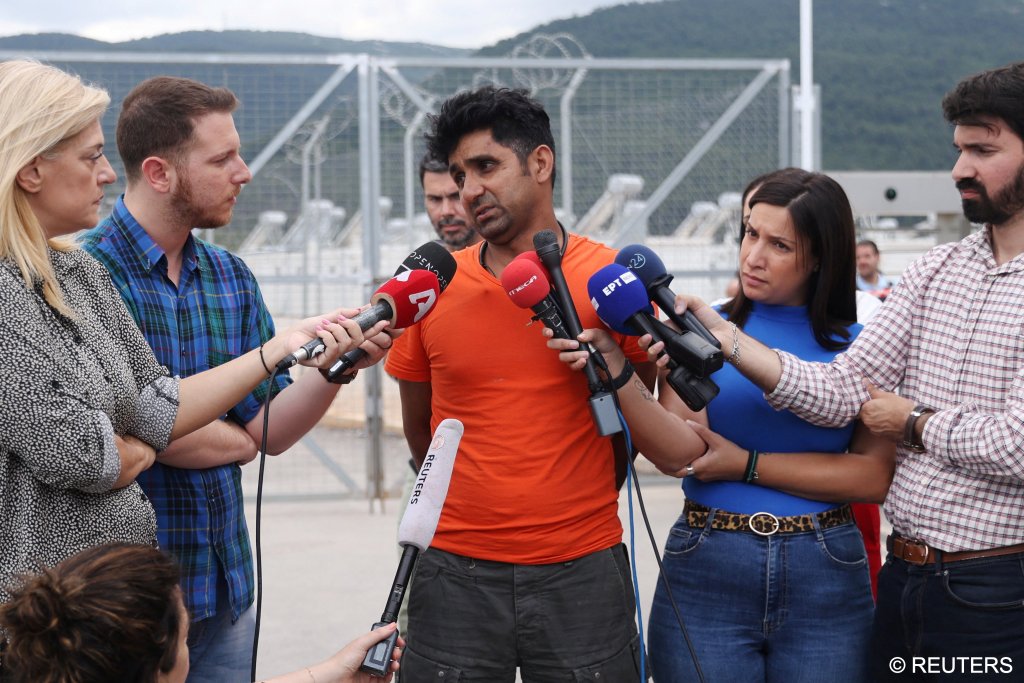
Zotos pointed out that there didn’t seem to have been much interest in trying to recover the wreck, or retrieve people’s bodies and pointed out the “grotesque” contrast in the apparent lack of public interest in doing this for hundreds of unnamed migrants, compared to the hugely expensive and extensive recovery operations lavished on bringing the mini-submersible Titan back up from the wreck of the Titanic in June, which had just five very rich passengers on board, but drew global attention during the search for and recovery of the wreck.
“If we compare people as units, we are talking about five, compared to 600,” added Zotos. “But they are the wretched of the earth down there. They also had the misfortune of being shipwrecked in the deepest part of the Mediterranean.”
DNA collected
Shortly after the wreck, authorities in various countries who believed their relatives may have been on board began collecting DNA samples from them, in order to help with identification of the bodies found. According to Reuters, around 350 DNA samples have been collected, the majority from Pakistan. A Pakistani official at the country’s Federal Investigation Agency (FIA) confirmed that Pakistan had sent over 200 DNA samples, as well as fingerprints.
But up until now, just over 20 of the 82 bodies found have been positively identified, a Greek official involved with the identification process told Reuters on condition of anonymity. The chief coroner told Reuters that the bodies of those found remained in refrigerators. Hussain is waiting to hear if his own DNA is a match for any of them.
Also read: Egyptian families wait in agony for news of loved ones

A spokesperson at Pakistan’s Foreign Office, Mumtaz Zahra Baloch told Reuters that on identification any Pakistani nationals would be transported to Pakistan once released by the Greek authorities.
Another Pakistani man, Muhammad Ayub, whose brother Muhammad Yasin was also on the fishing boat had sent DNA from his brother’s two young children. Muhammad Ayub told Reuters, “At least we may know his fate or get his body back, so we can tell these kids that your father was in an accident, this is his grave.”
This article was heavily based on a feature written for Reuters by Karolina Tagaris
The original article: belongs to InfoMigrants: reliable and verified news for migrants – InfoMigrants .
